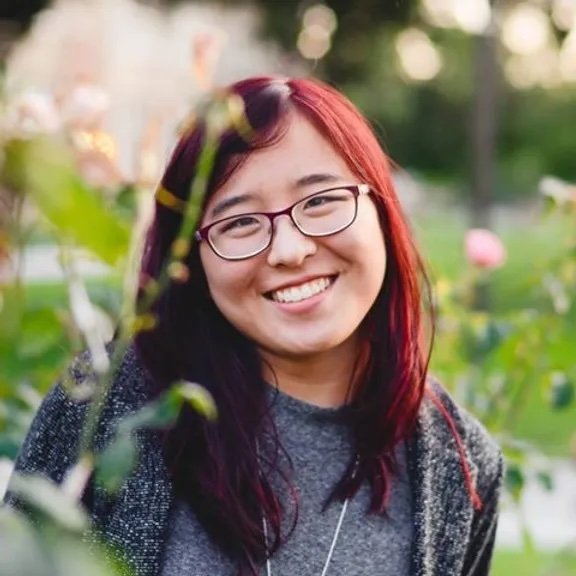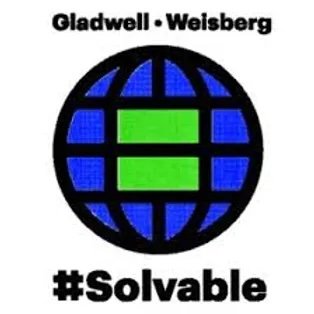Aya, the 1% (or less) club and why we're dependent on a tiny percentage of people to save us.
Recently, one of my former students, Aya Kusumoto, who went on to earn a BFA in Fashion Design from The California College of the Arts in San Francisco, updated me on her life.
She wrote,
"I was able to figure out what I wanted to do as a career: material design. It involves sustainability, and being from the Bay Area I was able to incorporate technology and science into my work by figuring out how to create food waste materials and agar bioplastic. If you're interested in seeing my work, my website (is here)...Because I had this big focus on bringing sustainability into fashion and material design, Nike recruiters..."
Nike offered Aya an internship in Oregon, where she is now. But that's not what this is about. It's about Aya being part of the 1% (or less) of people our world is depending on to save it.
The Pareto principle says that 80% or the effects come from 20% of the causes. A more specific interpretation says that 80% of the work is done by 20% of the workers.
But when it comes to the most important work - save-the-world work - I think that's being overly generous.
Take Aya and sustainability. The whole idea of recycling has become a joke. For every Aya who cares enough to make it her passion project, there's probably a thousand who don't care enough to properly recycle their own stuff. Heck, to recycle at all!
At Mission San Jose High School, supposedly one of the best high schools in the country (and where I taught for 12 years), I couldn't get liberal Bay Area students to not throw trash in the recycling bin and vice versa. (Which is worse?) Republic Services, the company that picked up our recycling, threatened to stop services because we were doing such a bad job.
Now, China, Malaysia and other countries are rejecting America's recycling. We're doing such a bad job recycling - mostly throwing crap like dirty yogurt containers, greasy pizza boxes, used plastic utensils and other non-recyclables into the recycling bins - that they don't want it anymore. Turns out only 15% to 30% of our "recyclables" can be used. To change, a huge percentage of us would have to be more educated and less lazy. We'd have to learn what we can and can't recycle. Then we'd have to put in the effort to sort and, in some cases, clean our containers.
I don't see it happening. People didn't recycle when it was pathetically easy. Do you think they will when it's even slightly harder?
But there's hope. There's Aya. She's working to find ways to overcome the ignorant and slothful. She and a tiny number of guardian angels like her are our only hope for solving the planet's must pressing problems. How many people do you know who are putting their heart and soul into solving inequity, homelessness, opioid addiction, teenage suicide, shoddy education, student debt or the most perilous problem of all - climate change?
Journalists Malcolm Gladwell and Jacob Weisberg's new podcast, Solvable, focuses on people like Aya who are making solving formidable problems their life's work. The first episode summarizes Rosanne Haggerty's solutions for homelessness.
I admire Aya and Roseanne so much. Their huge aspirations make me question what I'm doing to solve any problem. The least I can do is support them, but that doesn't seem like enough. We're desperately depending on the 1%. That's scary. They need help!
It kind of reminds me of Steph Curry against the Toronto Raptors in game three of the NBA Finals.
He did all he could. Forty-seven points. Eight rebounds. Seven assists. A magnificent effort. But because he didn't have enough help, the Warriors fell short.
Will we?




